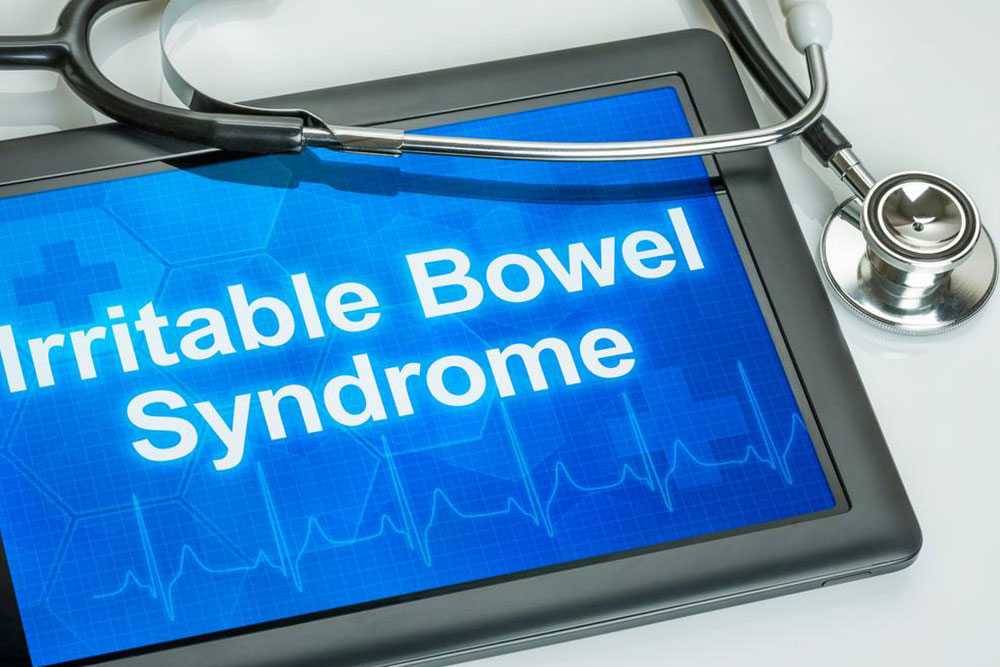Recognizing Symptoms of Irritable Bowel Syndrome
Learn how to identify signs of Irritable Bowel Syndrome (IBS), including digestive discomforts, changes in bowel habits, and associated symptoms. Early detection and consultation with healthcare providers can prevent complications and improve quality of life.

If you frequently experience digestive discomforts, it's important to pay attention to your symptoms. Persistent issues lasting three to six months could indicate Irritable Bowel Syndrome (IBS). Early diagnosis and prompt medical consultation are crucial to prevent complications and manage the condition effectively.
Some common signs of IBS include:
Alterations in eating patterns, such as feeling full quickly or losing appetite.
Digestive symptoms such as nausea, heartburn, and acid reflux are typical. After meals, you may experience a burning sensation in your stomach or feel nauseous at the sight or smell of certain foods.
Persistent abdominal discomfort, cramps, or pain caused by digestion issues, which do not improve with over-the-counter antacids.
Stomach bloating, frequent burping, and gas are key indicators of digestive disturbances.
Changes in bowel habits—such as unusual stool color, consistency, or frequency—are significant signs. Both constipation and diarrhea, with their opposite effects, can suggest underlying issues.
Additionally, symptoms like unexplained fatigue, anxiety or depression, difficulty sleeping, a bad taste in the mouth, frequent urination, muscle aches especially in the lower back, and reduced libido may also be associated with IBS.
If these symptoms persist, consulting a healthcare professional is essential. Delayed diagnosis can lead to complications; thus, early medical intervention is highly recommended.
Disclaimer:
Our blog provides valuable insights across various categories. The information is based on research and should not be considered conclusive. Users are advised to seek professional medical advice for diagnosis and treatment. The website is not responsible for differences or inaccuracies found elsewhere, nor for missed benefits from external schemes and offers.










